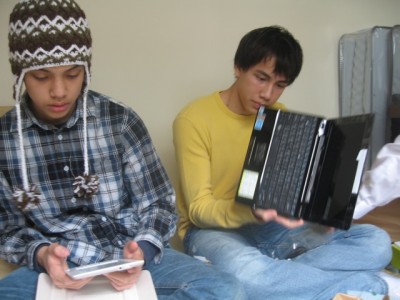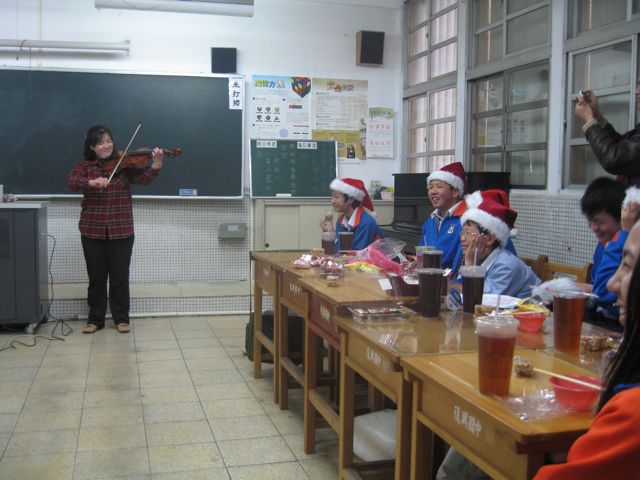Jan 11, 2010 1
I went to court
One of my ETAs has serious allergies, and has been taking medicines like Claritin-D for relief. Back in August, she asked her father to mail some to her, because she couldn’t find it in Taiwan.
Well, it turns out that there is a reason she couldn’t find it in Taiwan. It contains an ingredient that is a controlled substance here. The ETA’s father wrote the name of the medicine on the customs form that you have to attach to packages at the post office. The local customs officials opened the package, discovered the medicine, and that’s when the brown stuff hit the fan.
It was an innocent mistake on the part of the ETA and her father, but a law was broken, so the local authorities had to follow the law and investigate the incident. The ETA had to ask her parents to send documentation of the medicine’s purchase as an over-the-counter medicine, a doctor’s note stating that the ETA indeed does suffer from allergies, and had recommended that medicine as a treatment. The ETA’s father is a lawyer, so he included an affidavit describing the process of purchasing and mailing the medicine.
Today, after about two months of waiting (I’m sure that it seemed a lot longer for the poor ETA), she was summoned to the prosecutor’s office (equivalent to the District Attorney in the US) for a hearing. I offered to go along for moral support, and wound up being her official translator for the hearing. It was unlike the process in the US. We were in a room that looked like a mini courtroom, with the prosecutor sitting up where a judge would sit, and a court reporter sitting next to her.
It was clear from early on in the proceedings that the prosecutor has no intention of pressing charges, although of course she could not come right out and say that. But the line of questioning that she took indicated that she just wanted to document the process, slap the ETA on the wrist, and get it off her case list. The process took about an hour. Two members of the Advisory Panel and another ETA came along for moral support, but they weren’t allowed into the room during the hearing. It was just the ETA and me.
The biggest surprise for me was that as the official interpreter for the case, I was entitled to an interpreting fee. It was quite embarrassing for me to take money for helping the ETA. So, when the hearing was over, we all went out to lunch to celebrate, and I picked up the tab.
We aren’t sure yet what the final outcome will be, because the prosecutor has to make a final determination about the case. I’m confident that the case will be dismissed, but it’s still hanging over the ETA’s head. It can’t be easy to go to work every day knowing that the case is still unresolved. We joke about it, but we will all be relieved when it’s all over.
This wasn’t what I was expecting when I came to Taiwan. It’s another reminder that you have to expect the unexpected when you’re overseas. I’m also glad that I was able to help.









